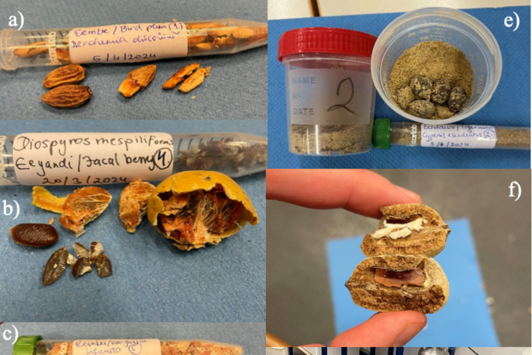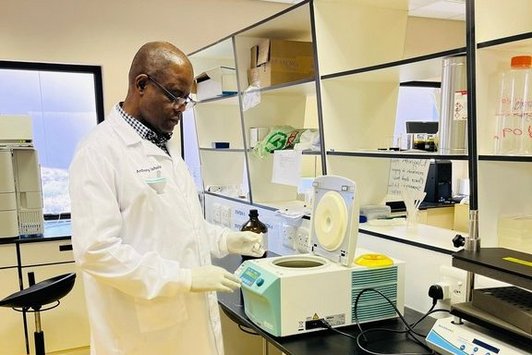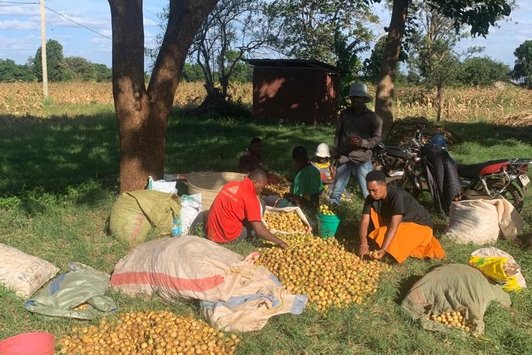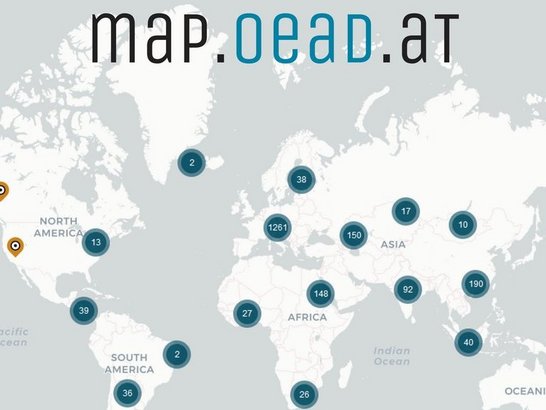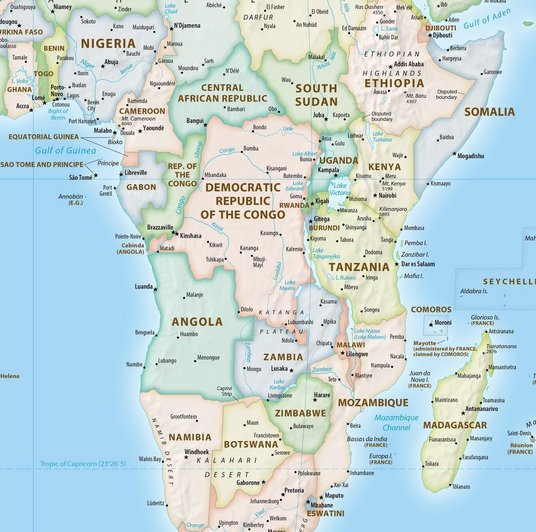
Project completed: P042_Namibia_Ethiopia_Uganda
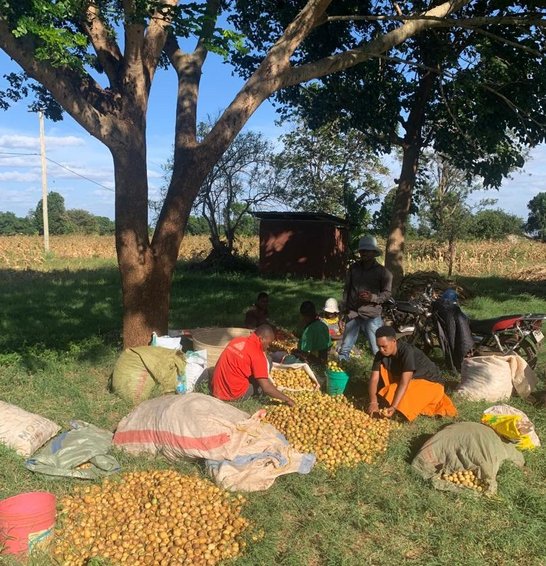
Indigenous fruit and nut trees (IFNT) as market opportunities for small-scale farmers in Namibia, Ethiopia and Uganda: cultivation, nutritional value and screening of secondary compounds for anti-diabetic properties
Cooperating countries: Namibia, Ethiopia, Uganda and Austria
Coordinating institution: University of Applied Sciences Upper Austria (FHOOE), Otmar Hoeglinger, otmar.hoeglinger@fh-wels.at
Partner institutions: University of Namibia, Debre Tabor University (Ethiopia), Kyambogo University (Uganda)
Project duration: 1 August 2021 - 31 July 2023
Budget: EUR 39.940
Abstract:
In many developing nations, rural populations are threatened by limited food availability, nutritional imbalance, and narrow opportunities for off-farm and off-season income. Historically, wild harvesting of indigenous fruit and nut trees (IFNTs) are the earliest source of food for humankind. Still, IFNTs are frequently overlooked by science and un-derestimated concerning their nutritional, medical and economical value for small-scale farmers. However, these factors are a unique asset that could be developed and owned by farmers to create opportunities for domestication, cultivation, and commercializa-tion. Additionally, in many societies IFNTs have deep cultural significance for their use in traditional medicine. The goal of the project is to collect data and catalogue IFNTs selected by the partner institutions; to identify pre- and postharvest protocols and challenges for cultivation, drying and storage; to collect data on traditional uses/preparations of different plant parts (leaf, root, stem, fruit, seeds) as medicine, in particular ones used in folk medicine to combat diabetes; and to assess nutritional value. IFNTs reported to exhibit anti-diabetic effects will be further selected to characterize bioactive compounds, assess cytotoxicity, alphaamylase and their GLUT4 translocation. Additionally, the introduction of IFNTs in agricultural production systems could reduce the high risk for genetic erosion in the actual high diversity and could use the genetic potential of these endemic plants. Our project will directly contribute to SDG 1 (No poverty), 2 (Zero Hunger), 3 (good health and wellbeing) and 5 (Gender Equality).
Summary:
Within the framework of this project, cooperation between the following universities where established: University of Applied Science Upper Austria, University of Namibia (UNAM), Debre Tabor University (DTU) and Kyambogo University Uganda.
The goal of the project was to collect data and catalogue IFNTs (indigenous fruit and nut trees) selected by the partner institutions; to identify pre- and postharvest protocols and challenges for cultivation, drying and storage; to collect data on traditional uses/preparations of different plant parts (leaf, root, stem, fruit, seeds) as medicine and to assess nutritional value.
A database was developed to record the collected plants. Elaboration of all relevant working procedures for the analysis of plant extracts. Collection of the relevant plant materials. Implementation of the training program to learn the necessary working techniques. All this work served to prepare detailed chemical-biochemical analyses of the collected plant material.
In particular, the following plants were characterized in more detail: African olives, Bird plum, Jacal berry, African medlar, Marula seed, Tiger nut, Makalani palm and Mangetti nuts.
The focus of the characterization was on the nutrient composition (fat-, protein- and carbohydrate content). The fatty acid composition and the polyphenol pattern as well as some vitamins were also determined in detail. Initial cell culture tests for cytotoxicity were also carried out on individual samples.
Marula oil and the oil from the African olive have great potential for use in the food and cosmetics industries.
